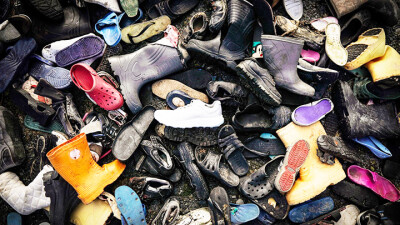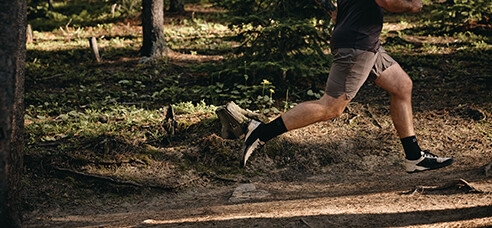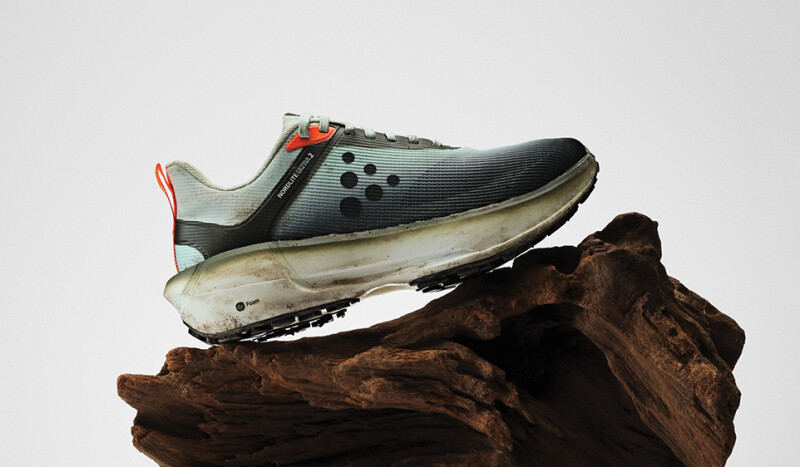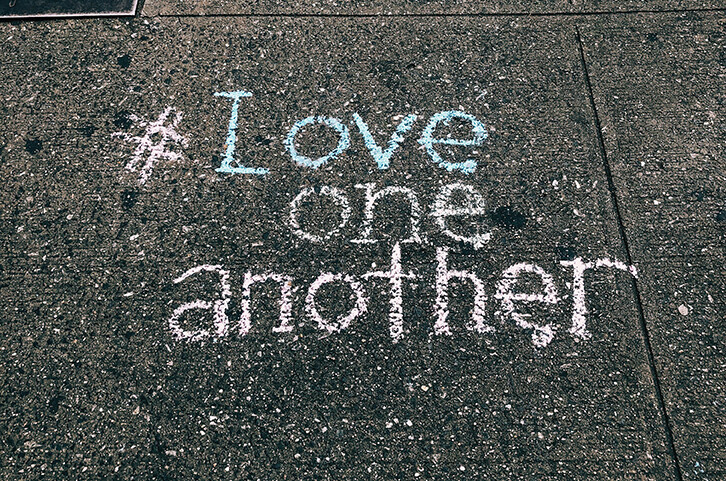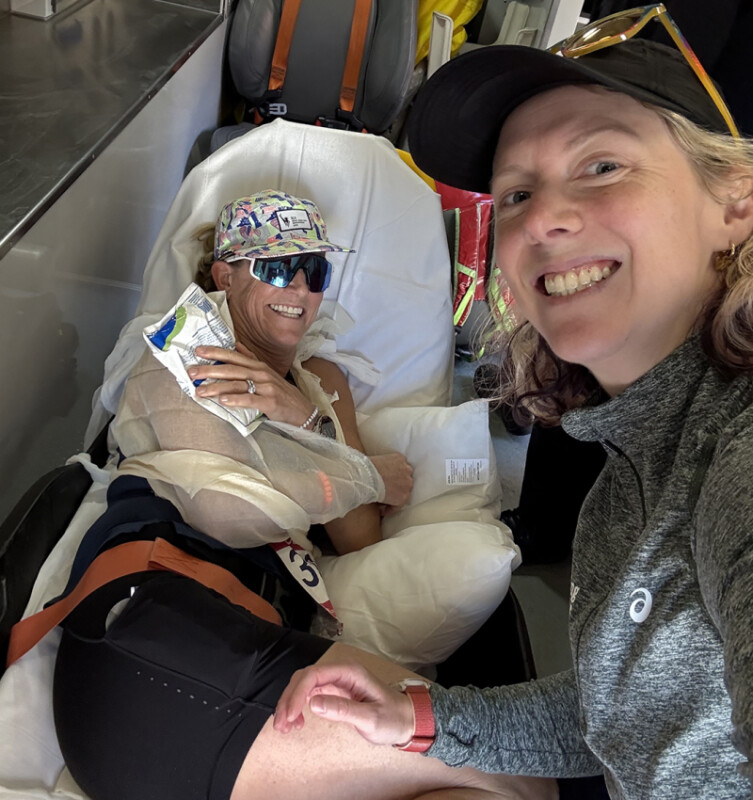It is estimated that 20 billion pairs of shoes are sold worldwide each year. But 90 percent of those shoes are never recycled and some can take more than a millennium to decompose. Most end up in landfill or even on beaches in wild and remote places.
Looking to do something about it, NNormal activist and ambassador Max Romey discovered this on his Alaskan adventure that resulted in No Lost Shoes, a film that highlights the true scale of the problem. The film was released publicly in mid-February and along with The No Trace Program is promoted as a huge step toward increasing sustainability in the running footwear industry.
Through this film, NNormal, a trail running shoe and apparel company founded by world-renowned mountain runner Kilian Jornet and the family-owned footwear company, Camper, invites consumers to reflect and recycle all sport gear they no longer use or whose life cycle has been completed through the No Trace Program, a simple alternative to throwing away sport shoes, clothes and accessories. The aim is clear: to contribute to the conservation of the planet.
“We believe that the best thing we can do for the planet is use only what we really need and get the most out of the things we already own,” says David Clavera, sports marketing and sustainability manager. “NNormal’s No Trace Program is one alternative to throwing out your worn-out shoes, clothes and gear. It isn’t a perfect solution, but a good first step towards our ultimate goal of leaving no trace.”
Consumers can recycle sport gear simply and free of charge. It is accessible to everyone and involves just three steps:
• Collect all the gear, regardless of the brand and condition.
• Attach the prepaid shipping label.
• Go to a drop-off location and send them on their way. The list of drop-off locations and selected shops will be able to be viewed in advance on the NNormal website. The No Trace Program is available in Europe and the United States.
Clavera stresses that run specialty retailers are and will be a key element to the program’s success by offering a take-back service to the community for their old gear. Plus, accumulating old gear at retailers before sending it to the recycling facilities is and will be more sustainable than each individual shipping smaller packages.
The concept is currently in the testing phase with retailers to make sure the process works smoothly, but the group is getting ready to launch it globally soon.
